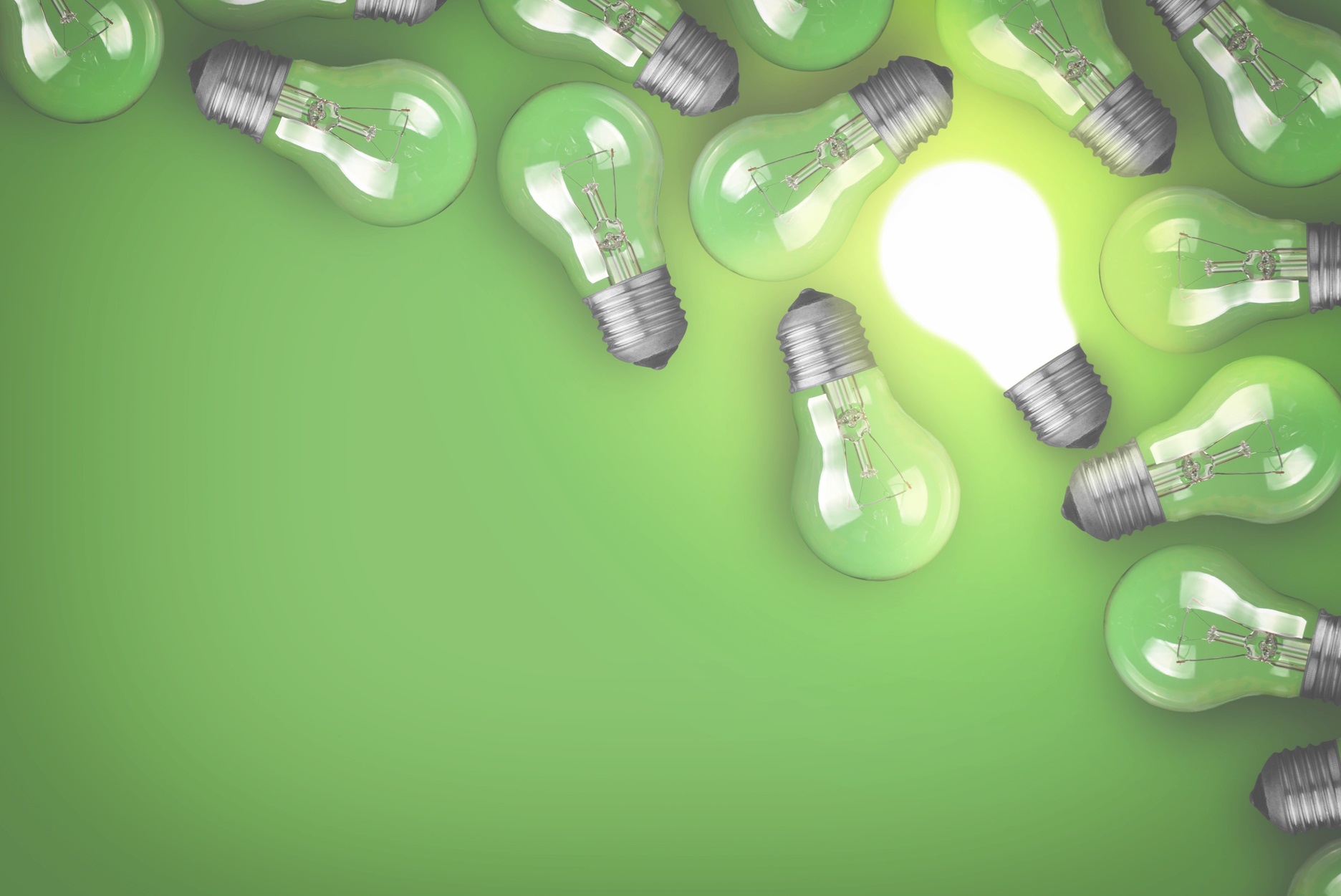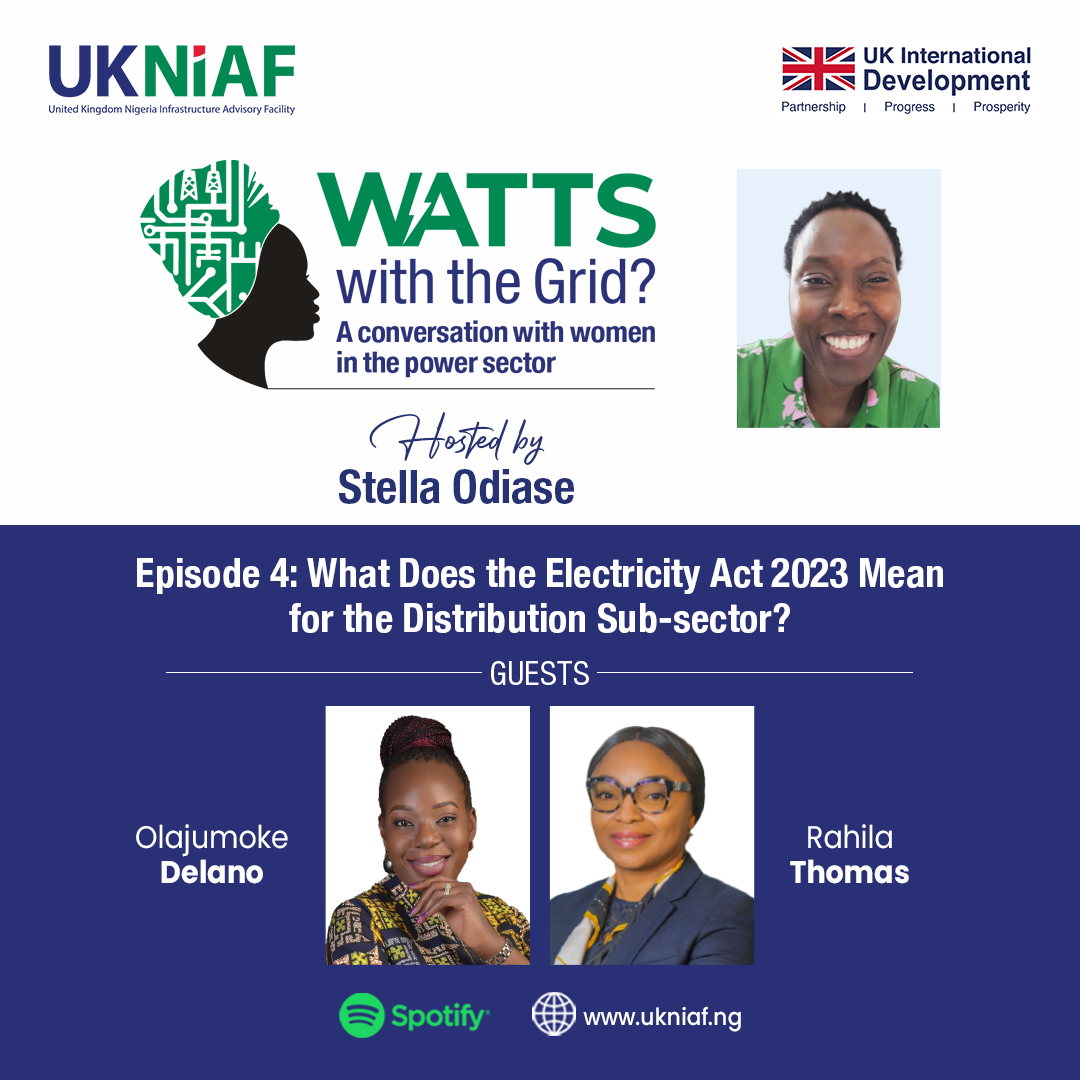Three Perspectives on Nigeria’s Electricity Tariff Review: The Utilities, the Climate Change Expert, and the Customer
What is this about?
The process of generating, transmitting, and distributing electricity is multi-faceted, with parties with different interests at each step. Different perspectives and priorities are commonplace. To achieve a mutually beneficial goal we need to acknowledge and listen to these perspectives. As a step in this direction UKNIAF is pleased to showcase three different perspectives from three thought leaders.
In this second instalment of a three-part series Dr. Dalia Sakr, a UNFCCC accredited climate change expert, compares electricity and calorie consumption, pointing out that sometimes responsible behaviour takes discipline.

Diets and Electricity: What Do They Have in Common?
Dalia Sakr
Imagine you wake up in the morning and head to your favourite bakery shop to pick up a warm cup of coffee and delicious pastry. When you arrive, you find the bakery is no longer able to serve its customers. It seems the baker was selling pastries at a discounted price that doesn’t cover its production costs. This means the prices were non-cost reflective. Because of this the shop will reach a point where it has to close and give up the baker’s dreams of expanding and improving its the business.
Similarly, the price of electricity, usually called the tariff is non-cost reflective when the customer does not pay the ‘true’ costs of delivering electricity.
Less calories do not mean less joy
Continuing with the analogy of the bakery shop, as your eyes move across the wide variety of sweet temptations you purchase a gigantic bag of delicious cookies. Then quickly you feel guilty: “do I need all these calories to enjoy? Could I survive with much less and be more energetic and in shape?”
You decide to follow a diet to trim down the extra fat and wisely choose healthier food including food options with healthy ‘greens’. But sometimes we need incentives or educational information to cut down on sweet treats, to exercise, and to eat more healthily.
In the language of electricity, this means slashing ineffective power use and losses through energy efficiency and replacing carbon intensive fuels with renewable energy. The latter are the two main pillars for the transitioning towards a low carbon power sector.
The electricity tariffs influence consumer choices, how much and how they use the electricity on the demand side. As to the supply side, it impacts decisions on how they manage, operate, and invest in their networks and in their sources of generation. Despite that energy savings saves money, the electricity consumers tend to avoid this rational choice and prefer to retain the status quo. These behavioural choices can be improved by providing people with more information, educating them on the financially rewarding and more energy-efficient alternatives, motivating by rewards and incentives, and handholding throughout the process to support them to exert the extra effort and break the resistance to change towards these better options.
The increase of electricity tariff has been known to stimulate greener choices as it illuminates the electricity bill losses associated with the old behaviours and motivates instead to lower overall electricity consumption . The avoided need to add expensive new power generation or transmission capacity and by reducing pressure on energy resources would save significant funds for governments and this could be directed towards equitable and affordable services to all citizens to support the just energy transition.
Tapping into global experiences
Several countries have demonstrated that an increase in the electricity tariff could actually advance the transition to a low carbon economy.
In South Africa and Egypt, the energy crisis (which was due to shortage of fossil fuels leading to expanded load shedding and power outages) was the trigger for comprehensive reforms in the respective power sectors. In each case, the low carbon transition was encouraged through private and public investments in renewable energy and energy efficiency. Poor and vulnerable households were cushioned against increases in electricity tariffs through social safety nets.
The residential electricity sector in Mexico, similar to other emerging countries, is highly subsidized where on average, households pay only 46% of the total cost of the service. Residential electricity prices have increased steadily in the country since the end of 2020. Minimum Energy Efficiency Standards which require residential appliances to have a certain level of energy efficiency, have been part of the Mexican national energy policy since the early nineties. These have helped in the reduction of electricity consumption and waste while promoting an increase in the use of renewable energy sources.
In China, increasing the electricity tariff was instrumental in promoting energy efficiency by optimizing resource allocation. China faced chronic power shortages and launched a series of policies and measures to stimulate supply including restructuring of the Chinese electricity tariff system. The tariff level had risen steadily since 1985, to a point where by 2004, the average consumer tariff had risen 4.5 times. This price hike has played a significant role in promoting efficiency in Chinese electricity consumption.
In the countries above, tariff increases have helped nudge consumers to be more energy efficient and also enabled the power sector to divert funds previously allocated to expanding transmission capability towards low carbon alternatives. However, every country has it unique context and the Nigerian situation has some variations with the countries discussed above. Nevertheless, to go back to the bakery story that we started with; all of us enjoy a sweet treat, but all of us, regardless of our country, should eat a healthy diet. Different incentives and information can influence our move towards a healthier behaviour. Similarly with countries there are elements of best practice and lessons learned that we might adopt for the purpose of improving electricity cost recovery and moving towards a low carbon path.














